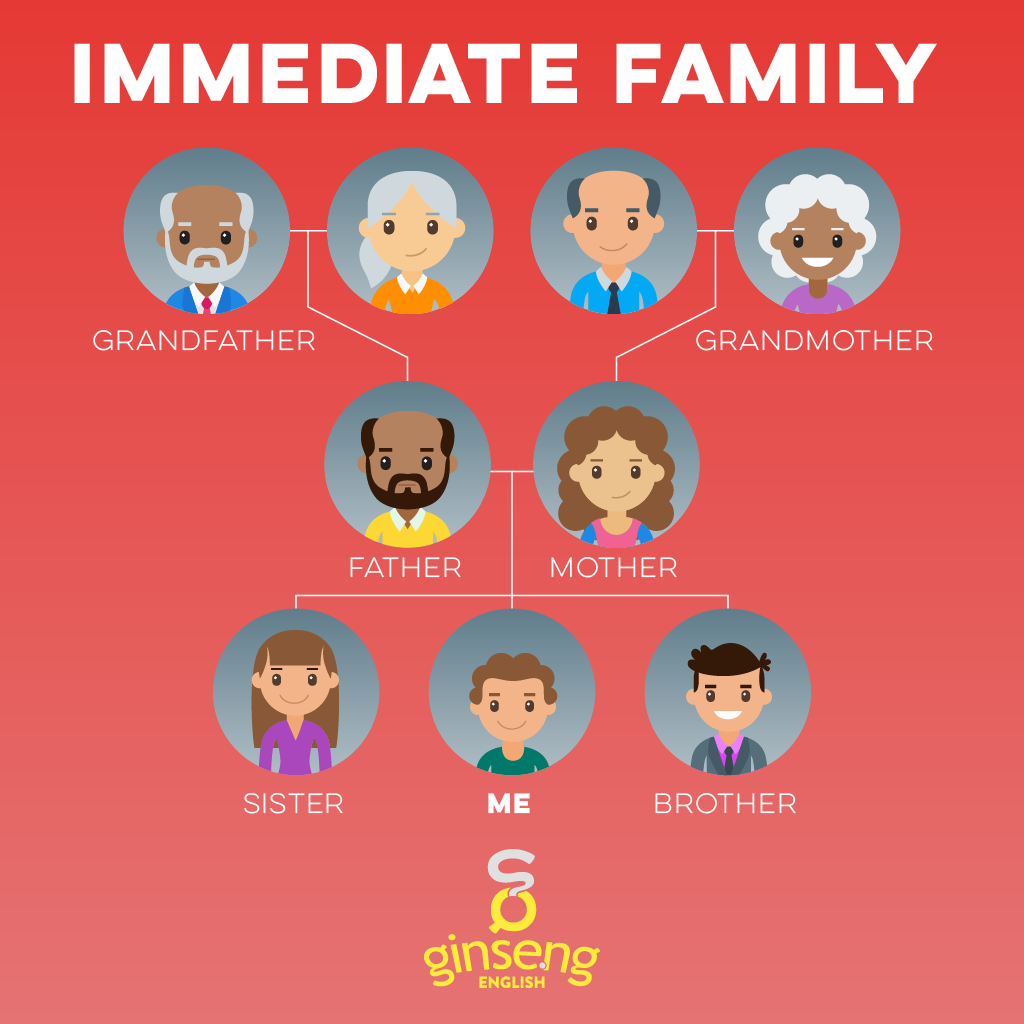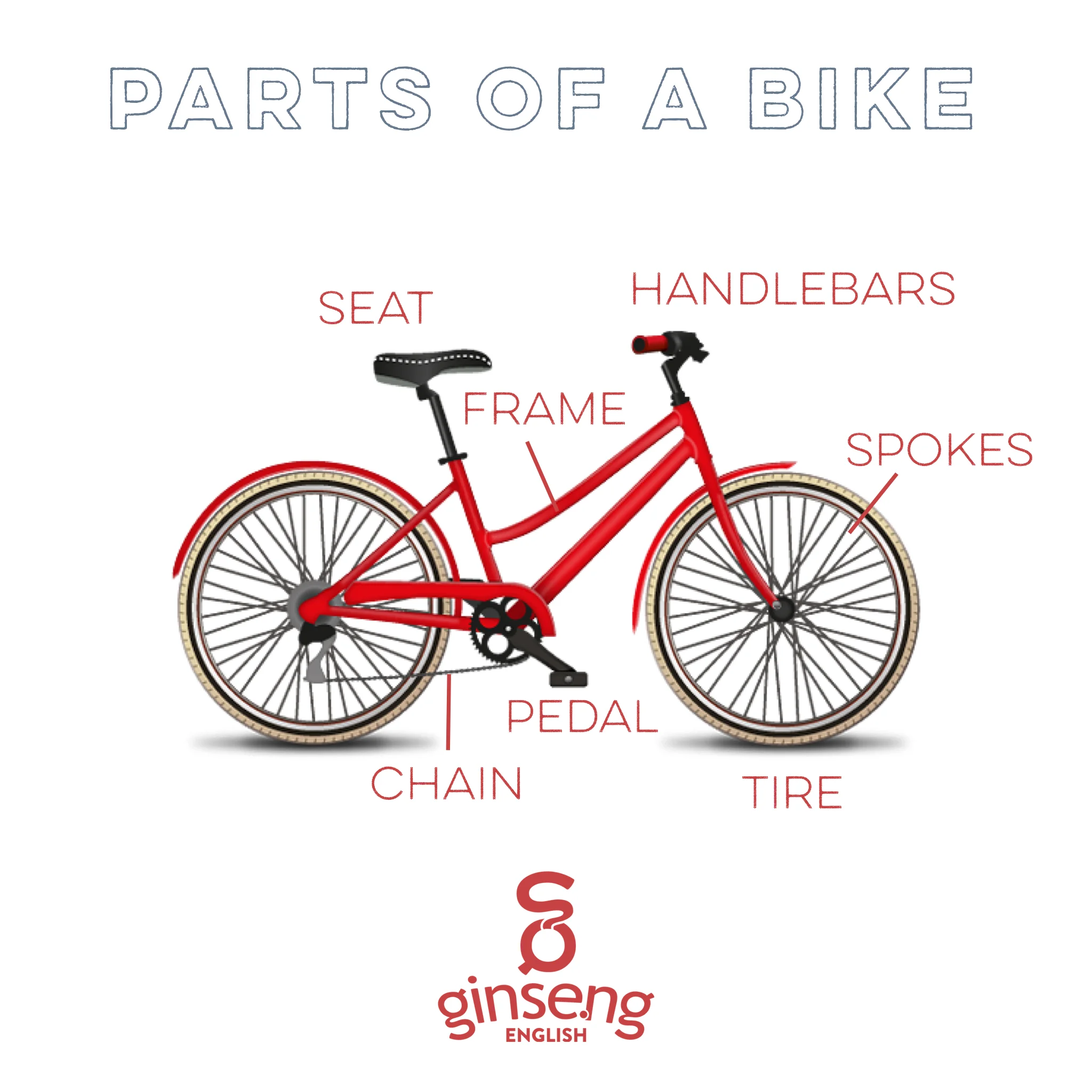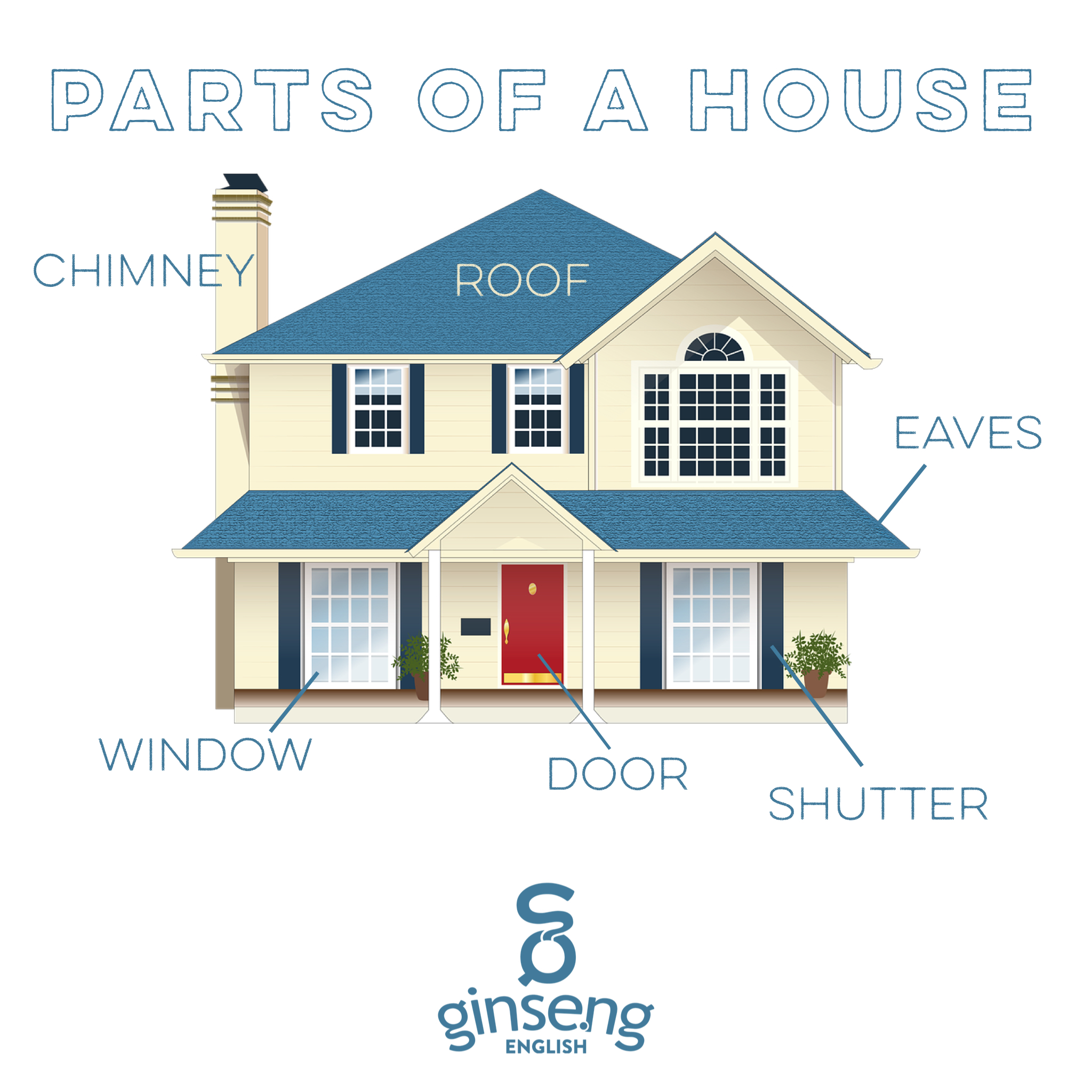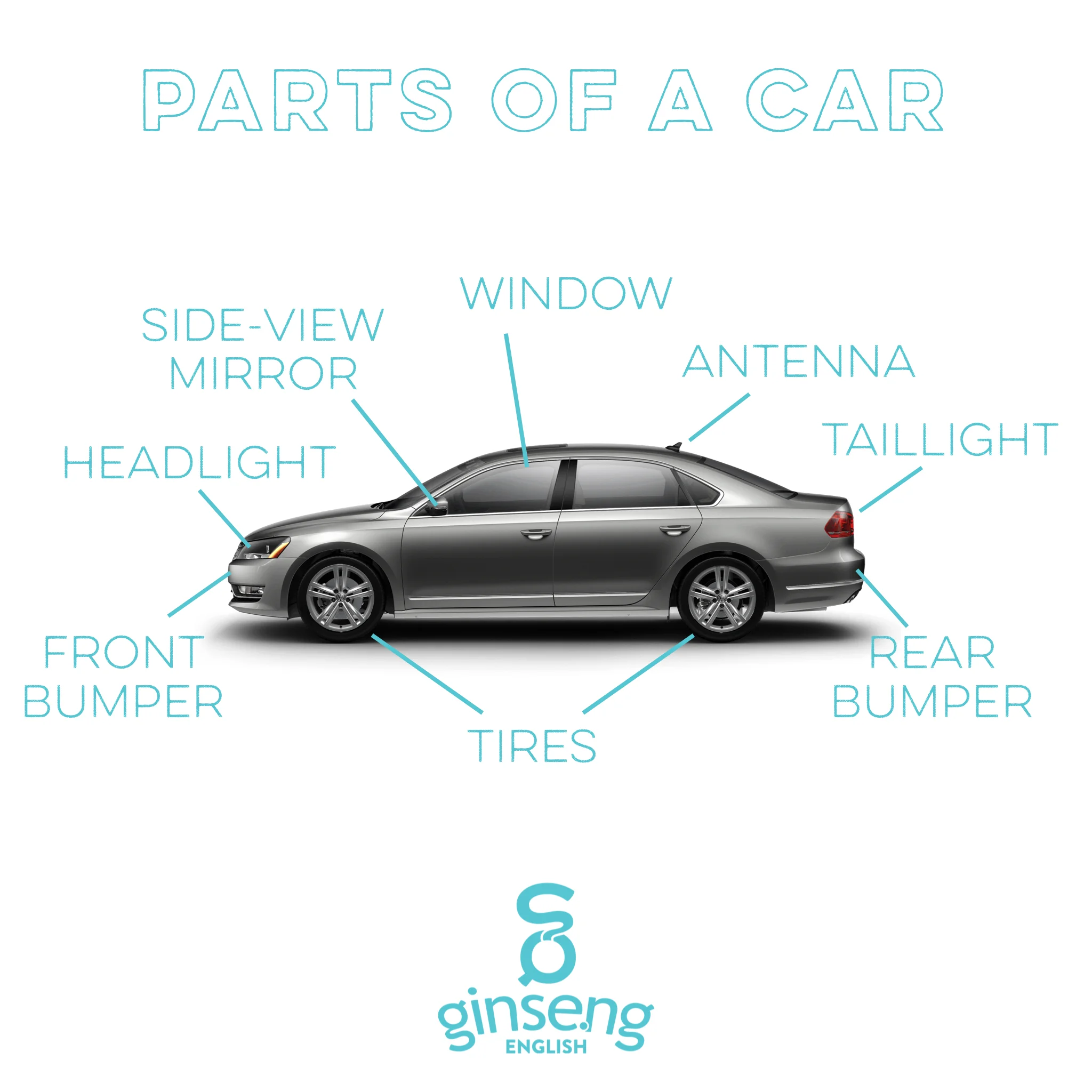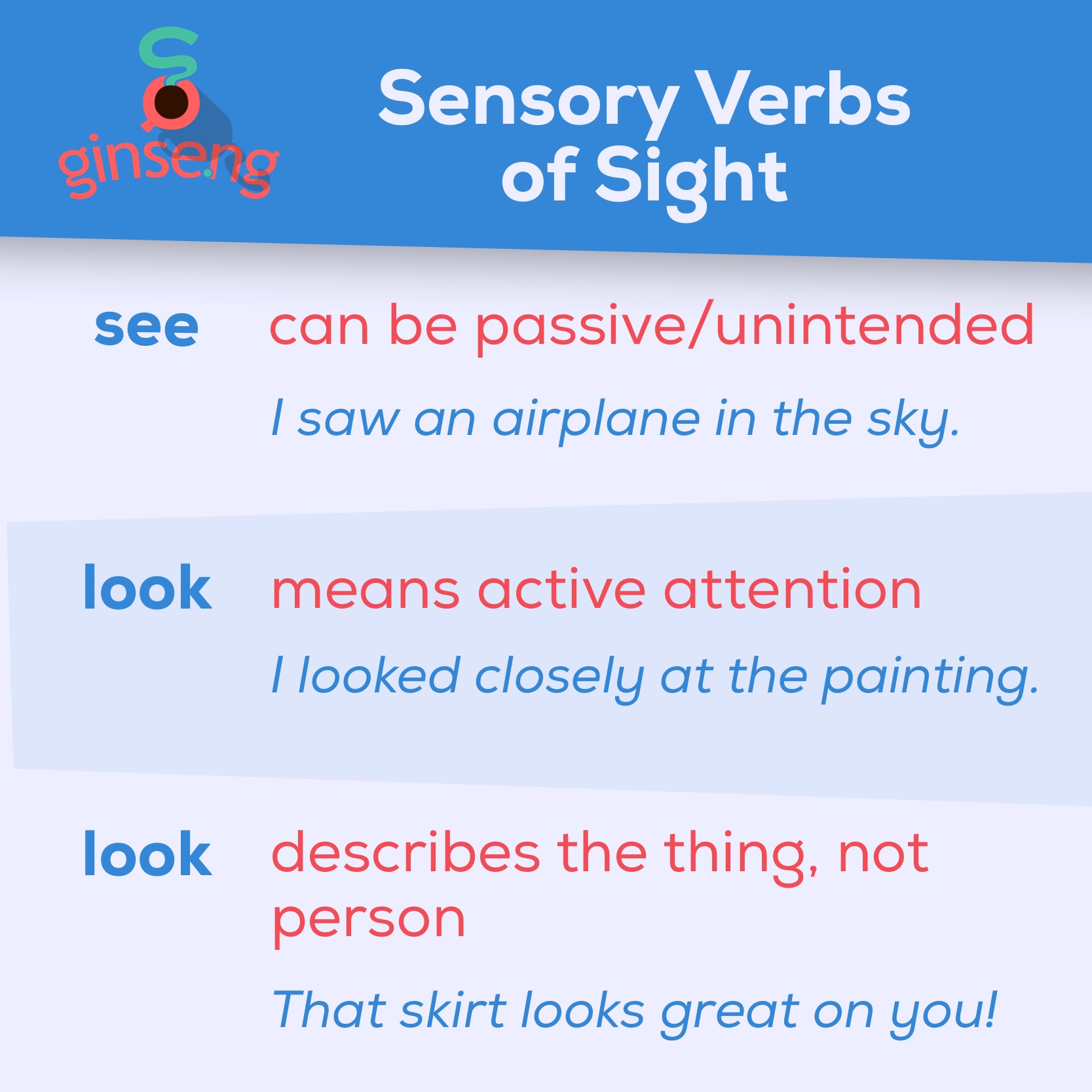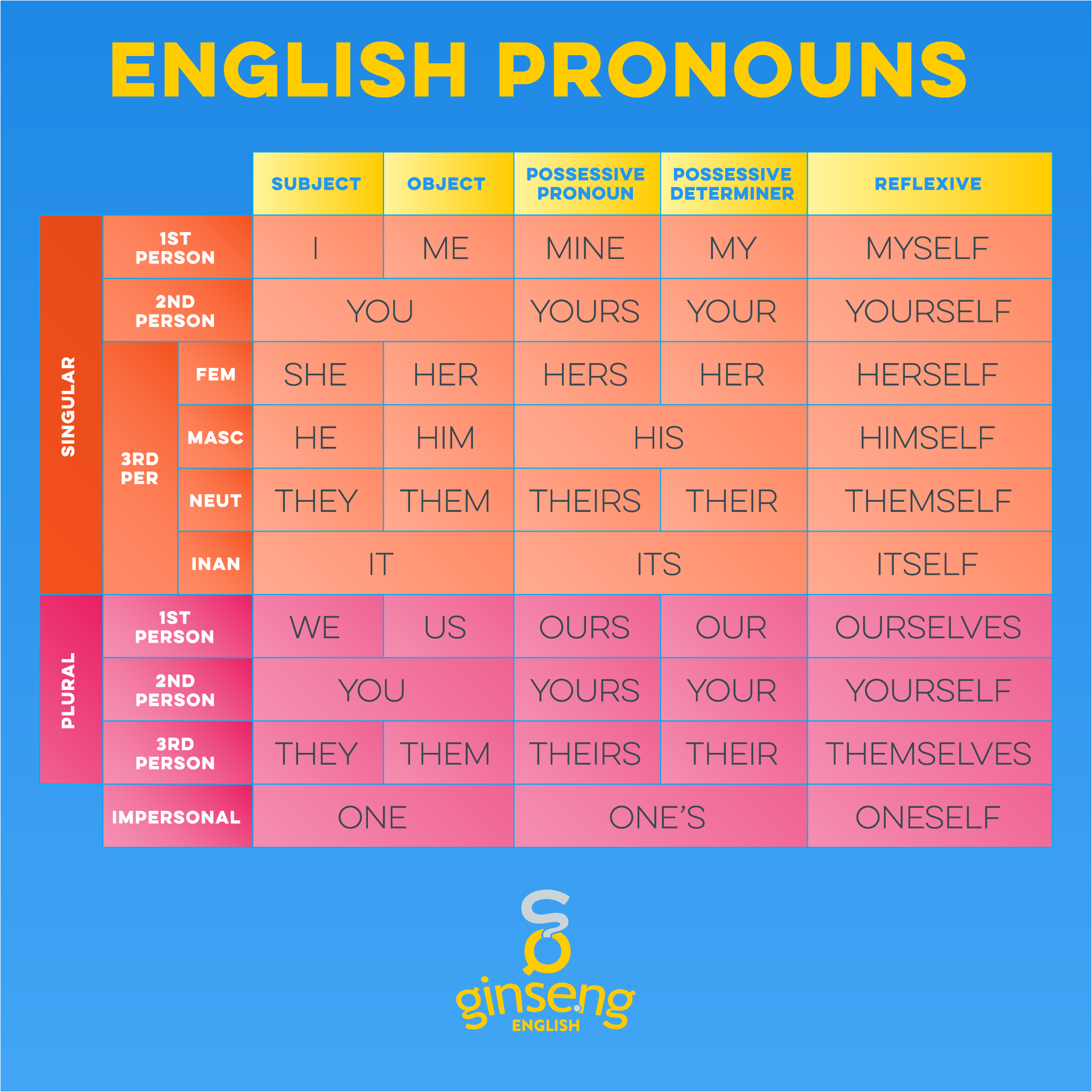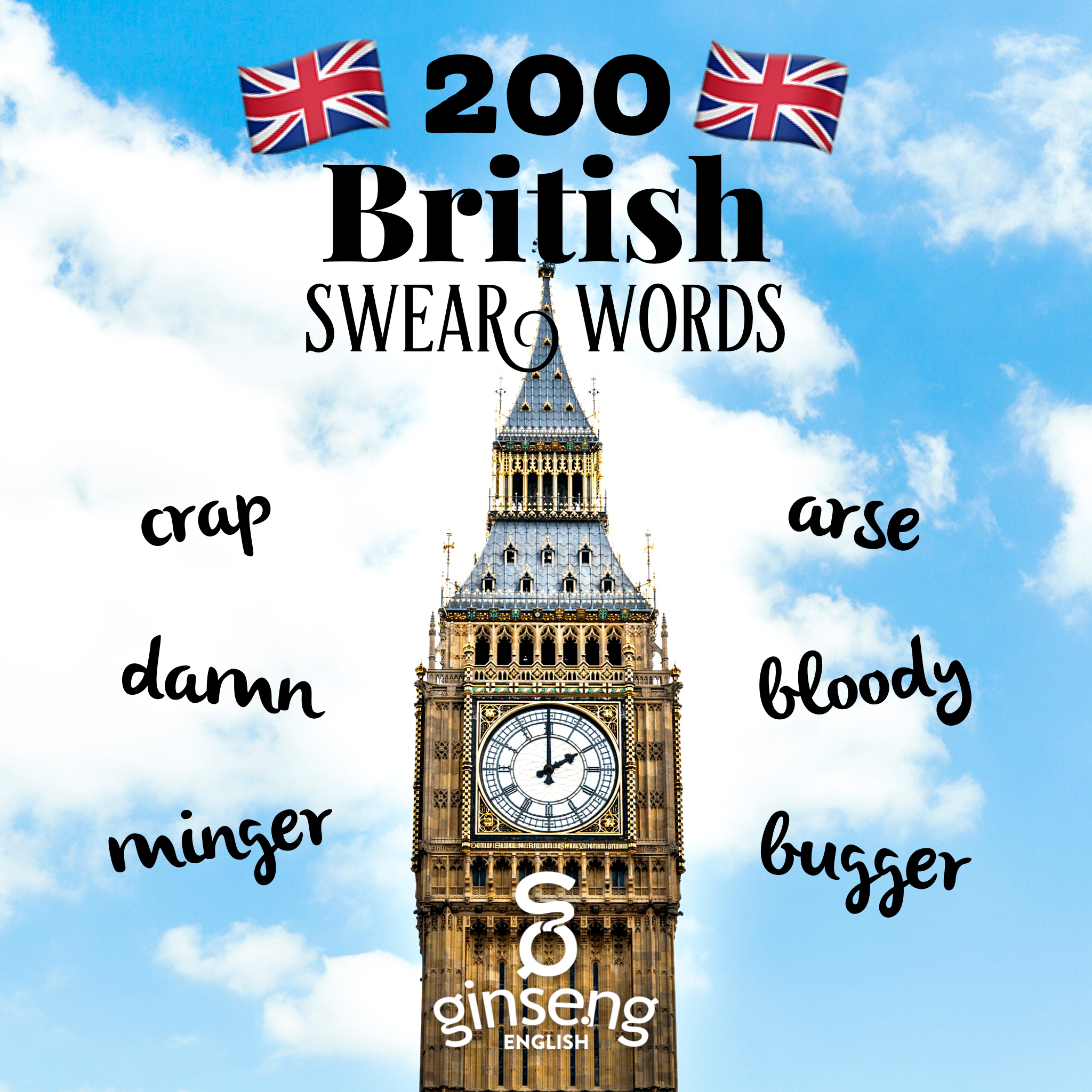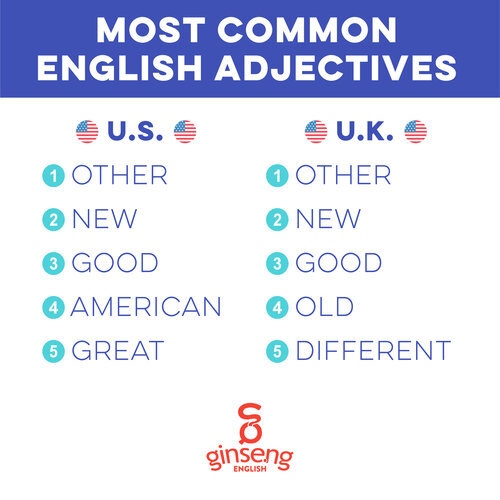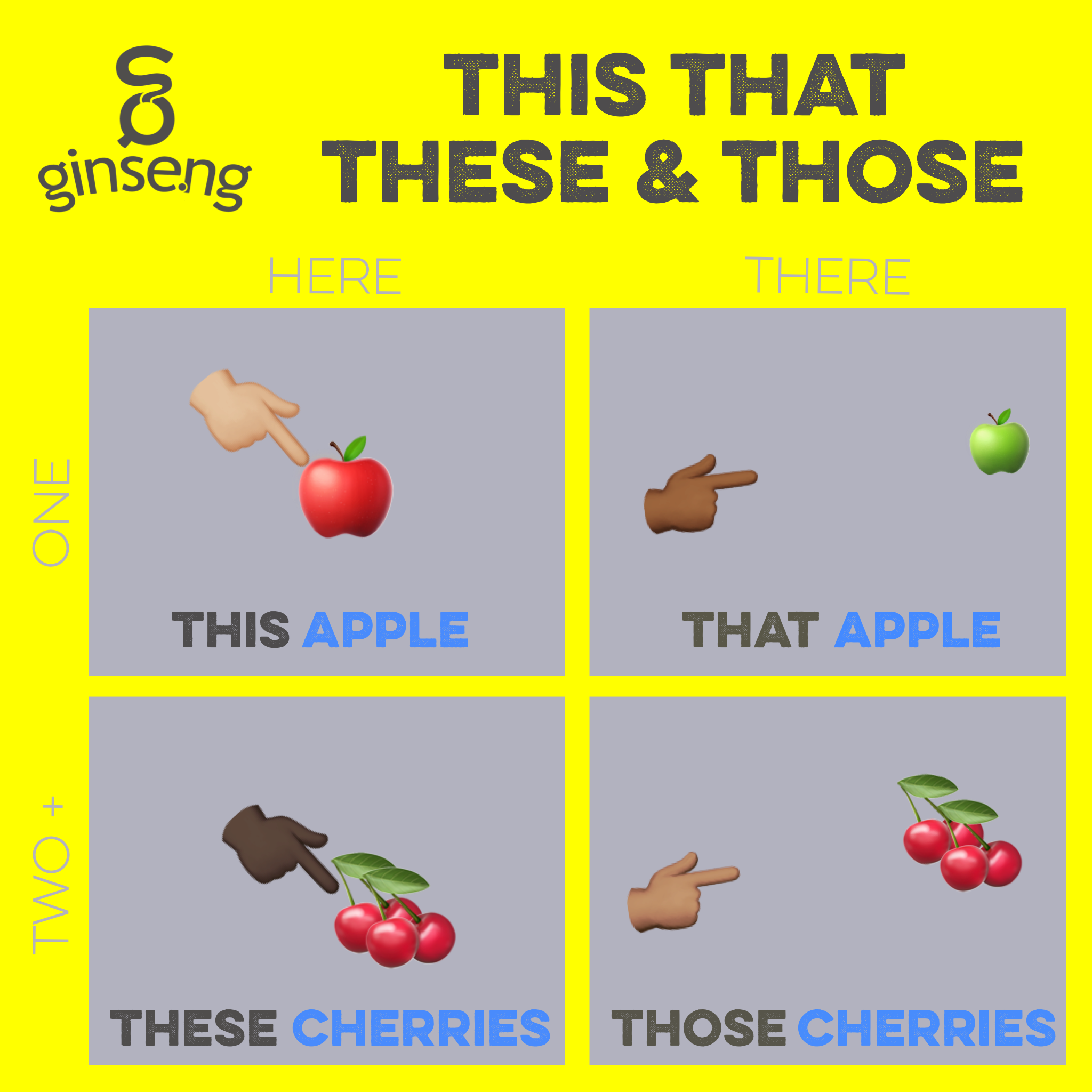Last week, Dictionary.com published a fun list of words that don't exist. What does that mean? Well, they're not just random letters, they are words that you might expect to exist because of other words that look like their opposites. Confused? Here's an example.
Combobulated
Discombobulated is a real word in English. Usually when we add the prefix dis-, we are creating the opposite of another word. For example, we can take agree, add dis-, and we get the opposite: disagree. Right? This works for lots of words: appear/disappear, approve/disapprove, believe/disbelieve, connect/disconnect. But discombobulate is funny, because combobulate is not a word. It doesn't exist.
Reckful
Here's another one. We can add the suffixes -less and -ful to many nouns to turn them into adjectives. A person with no hope is hopeless. A person with lots of hope is hopeful. Something that causes no pain is painless, and something that causes a lot of pain is painful. Other examples are fear/fearless/fearful, care/careless/careful, color/colorless/colorful, use/useless/useful.
But we have another word in English: reckless. Reckless is similar in meaning to careless. Based on the pattern we looked at, you might think that reck is a noun and reckful is the opposite of reckless. But, as always, learning English is crazy, and reckful and reck do not exist in English.
A few more:
Disheveled is an adjective meaning not neat. But sheveled does not exist.
Nonchalant means cool, relaxed, and calm. But chalant does not exist.
Disgust is a strong feeling of unpleasantness or sickness. But gust does not exist.

